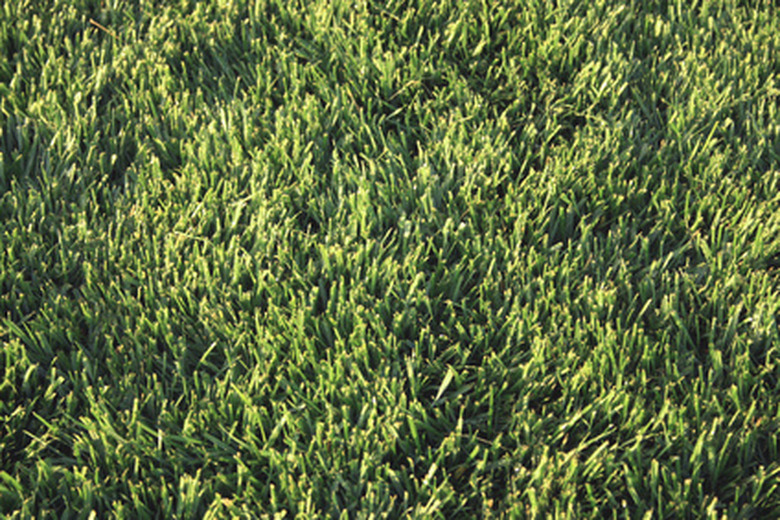How Do Different Amounts Of Fertilizer Affect Plant Growth?
If you've ever held a bag of fertilizer in your hands, wondered how much to apply and simply spread and hoped, then you've shared the plight of many gardeners. What goes on in your soil that you want to encourage with fertilizer is not only out of sight but a mystery to many people. Applying the correct amount of fertilizer cannot only improve your garden's health but preserve the health of your local environment, making the correct application of fertilizer a worthy endeavor.
Function
Fertilizers exert different effects on your soil, but their main purpose is to provide nutrients to your plants. Just like a daily vitamin makes up for what you don't get from meals, fertilizer corrects nutrient deficiencies in your soil and promotes good plant health. Depending on the fertilizer you choose, it may also change the pH of your soil or increase the organic matter, improving water retention and microbial activity.
Effects
Applied in the correct amount, fertilizer improves the growth of your plants. Your plants will grow bigger, stronger and produce more flowers and fruits. Correct applications of fertilizer also adhere to soil particles, making nutrients available to plants rather than running off to contaminate surface water and groundwater supplies.
- If you've ever held a bag of fertilizer in your hands, wondered how much to apply and simply spread and hoped, then you've shared the plight of many gardeners.
- Fertilizers exert different effects on your soil, but their main purpose is to provide nutrients to your plants.
Too Little
At best, inadequate application of fertilizer will result in little or no effect on your plants. However, if your soil is deficient in one or more ingredients, failure to properly fertilize your plants can cause nutrient deficiency. According to the Santa Rosa County Extension Office, nutrient deficiency frequently results in discolored leaves, poor or distorted growth and failure to properly develop flowers or fruit.
Too Much
According to Dr. Charles Mitchell of the Alabama Cooperative Extension, many homeowners overuse fertilizer, incorrectly believing that if a little bit does good, then a larger amount will do better. Overuse of fertilizer may cause an increase in plant growth, but it will also cause undesirable effects on your plants. According to the University of Michigan Occupational Safety and Environmental Health website, too much fertilizer causes plants to develop shallow roots, which impedes their ability to withstand drought and other stresses. Too much fertilizer also risks "burning" plants, a condition in which excessive fertilizer causes salt buildup in the soil, which draws water from plants and causes them to look burned. Finally, as Dr. Mitchell points out, overuse of fertilizer pollutes surface waters and groundwater, which has dire consequences for the environment and human health.
- At best, inadequate application of fertilizer will result in little or no effect on your plants.
- According to the University of Michigan Occupational Safety and Environmental Health website, too much fertilizer causes plants to develop shallow roots, which impedes their ability to withstand drought and other stresses.
Considerations
Simply dumping a bag of fertilizer on your lawn or garden is, at best, going to be ineffective and, at worst, could harm your plants or local ecosystem. Before applying fertilizer, contact your local extension office and have a soil test done. Not only will the test determine the precise nutritional needs of your soil but will include information on what and how much fertilizer to apply in order to meet them.
